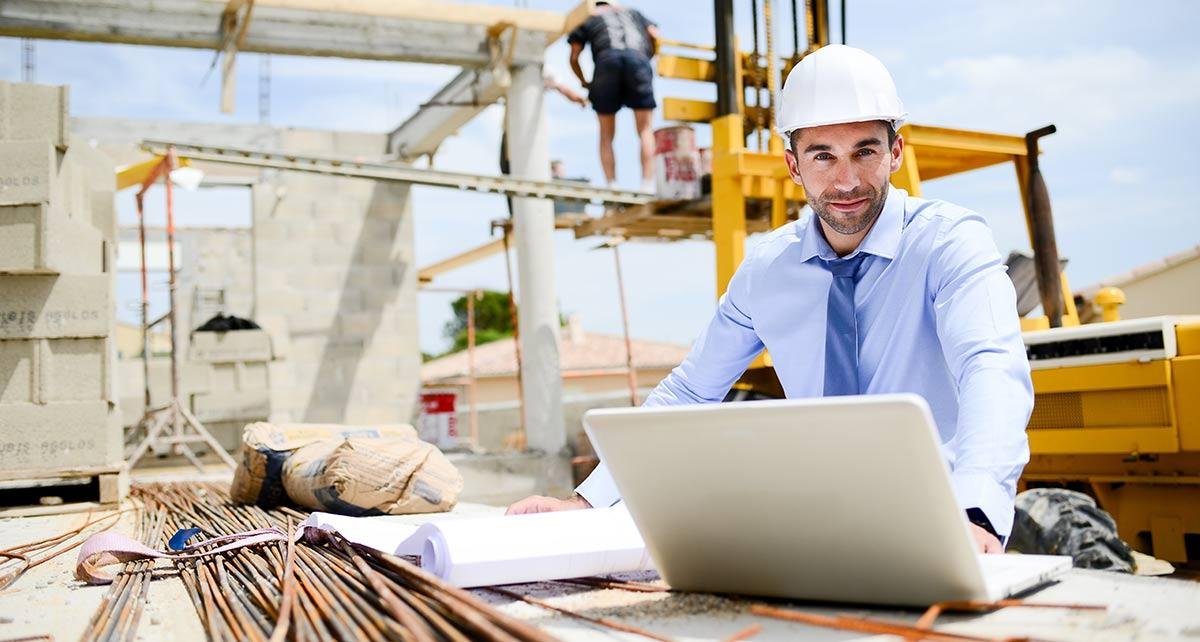-
Новости
- ИССЛЕДОВАТЬ
-
Статьи пользователей
-
Мероприятия
The Role of Technology in Modern Construction Project Management

Construction project management has always been a complex discipline, requiring the coordination of people, materials, timelines, and budgets. But in today’s fast-paced world, traditional management methods are no longer sufficient. The rise of digital tools and technological innovations has transformed the construction industry, making processes more efficient, accurate, and scalable. From mobile apps to AI-powered analytics, technology is now a core part of how modern construction projects are managed.
In this article, we’ll explore the role of technology in modern construction project management, examining the tools that are changing the game and the benefits they bring to contractors, developers, architects, and project managers alike.
1. Project Management Software: Centralizing Communication and Tasks
One of the most significant technological advancements in construction is the development of specialized construction project management software. Platforms such as Procore, Buildertrend, PlanGrid, and CoConstruct have become essential tools for managing day-to-day tasks and long-term planning.
These platforms offer features such as:
-
Task assignment and scheduling
-
Real-time communication between team members
-
Document and drawing sharing
-
Budget tracking and cost forecasting
-
Change order management
Why it matters: Centralized project management software reduces miscommunication, shortens response times, and ensures that all stakeholders are working from the same, up-to-date information.
2. Building Information Modeling (BIM): Enhancing Collaboration and Visualization
Building Information Modeling (BIM) allows project managers, engineers, and architects to create 3D digital representations of buildings and infrastructure. But BIM is more than just 3D modeling—it includes detailed data about materials, timelines, and construction processes.
Benefits of BIM include:
-
Improved collaboration across disciplines
-
Better visualization of project outcomes
-
Clash detection before construction begins
-
Enhanced facility management after project completion
Why it matters: BIM reduces costly rework and ensures that everyone—from the designer to the contractor—has a clear, shared understanding of the project.
3. Mobile Technology: Empowering Field Teams
The construction site is dynamic, and decisions often need to be made on the fly. Mobile technology—especially apps for tablets and smartphones—has empowered project managers, foremen, and workers to stay connected in real time, even in remote locations.
Mobile tools allow teams to:
-
Access blueprints and specifications on-site
-
Submit reports and updates instantly
-
Capture photos and notes for documentation
-
Communicate with office staff and stakeholders
Why it matters: Mobile access reduces delays, improves field reporting, and ensures faster resolution of issues.
4. Drones: Revolutionizing Site Surveys and Inspections
Drones have rapidly become a staple in modern construction management. These unmanned aerial vehicles (UAVs) offer a bird’s-eye view of construction sites and can collect valuable data in a fraction of the time of traditional methods.
Uses of drones in construction include:
-
Topographic surveys
-
Progress monitoring
-
Safety inspections
-
Asset tracking
Why it matters: Drones enhance accuracy, save time, and improve safety by reducing the need for manual inspections in hazardous areas.
5. Artificial Intelligence (AI) and Machine Learning
AI is reshaping how construction projects are planned, managed, and optimized. With the ability to analyze massive amounts of data quickly, AI tools can identify patterns, predict outcomes, and support better decision-making.
Applications of AI in construction include:
-
Predictive scheduling and risk analysis
-
Safety monitoring through video analytics
-
Resource optimization
-
Automated bidding and cost estimation
Why it matters: AI helps project managers anticipate challenges before they arise, reducing costly delays and budget overruns.
6. Internet of Things (IoT): Real-Time Monitoring of Equipment and Environments
IoT refers to a network of connected devices that collect and share data in real time. In construction, IoT-enabled sensors and devices are used to monitor:
-
Equipment usage and maintenance needs
-
Worker location and safety compliance
-
Environmental conditions like temperature and humidity
-
Structural integrity and vibrations
Why it matters: IoT devices improve job site visibility, reduce downtime, and enhance worker safety.
7. Cloud-Based Document Management
Construction projects involve thousands of documents—from blueprints and permits to contracts and inspection reports. Cloud-based document management systems make it easier to store, share, and update these files securely and instantly.
Key features include:
-
Version control to track document updates
-
Secure access for authorized users only
-
Easy sharing with external stakeholders
-
Automatic backups and disaster recovery
Why it matters: Centralized document access improves collaboration and reduces the risk of working with outdated or incorrect information.
8. 3D Printing: Rapid Prototyping and Component Fabrication
While still emerging in many parts of the industry, 3D printing is making waves by enabling rapid prototyping of components and even full-scale construction of structural elements.
Benefits include:
-
Faster production of custom parts
-
Reduced material waste
-
More complex and precise designs
-
Lower labor requirements
Why it matters: 3D printing offers innovative solutions for time-sensitive and budget-conscious projects.
9. Virtual Reality (VR) and Augmented Reality (AR)
VR and AR technologies are being used to provide immersive experiences for clients and teams. VR allows stakeholders to “walk through” a building before it’s built, while AR overlays digital models onto real-world views using tablets or smart glasses.
Applications include:
-
Virtual client walkthroughs
-
On-site visualization for installation
-
Training simulations for safety and equipment
Why it matters: VR and AR enhance understanding, reduce change orders, and improve client satisfaction.
Conclusion
The role of technology in modern construction project management cannot be overstated. From planning and scheduling to on-site execution and post-construction evaluation, digital tools have transformed the way projects are delivered.
By embracing technologies like BIM, AI, mobile apps, drones, and cloud systems, construction firms can:
-
Reduce costs
-
Improve safety
-
Deliver projects on time
-
Enhance communication and collaboration
In 2025 and beyond, construction project managers who leverage technology will not only complete projects more efficiently—they’ll lead the future of the industry.
Whether you're a contractor, builder, or developer, now is the time to invest in the tools that will keep you ahead of the curve.







